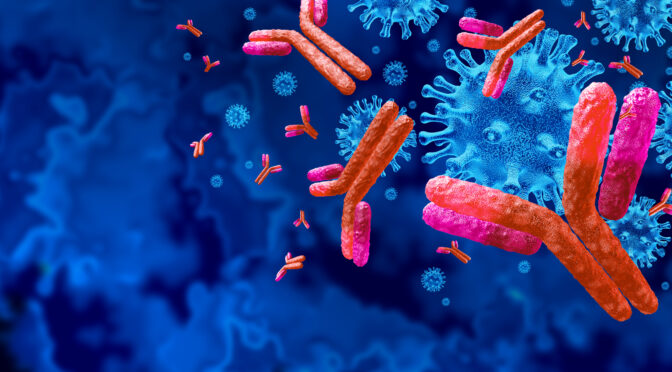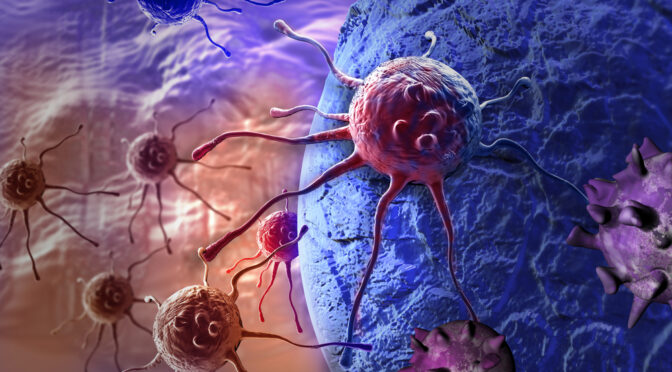Did you know that cells can become “tired?” Researchers explain why new discoveries on this topic have implications for improving the effectiveness of cancer immunotherapy.
When T-Cells Lose Their Effectiveness
T-cells, which play a vital role in the immune system’s response to cancer, can reach a dysfunctional state known as senescence and exhaustion. Much as in humans, T-cells may get to this point naturally, simply as a result of aging. Tumors and tumor microenvironments can also trigger this process.
Not surprisingly, T-cell exhaustion results in vulnerability to infection, as the immune system loses the strength to fight off foreign organisms. Preventive vaccines become less effective, as does the T-cell response to tumor antigens.
Can T-Cell Exhaustion Be Reversed?
Recent research regarding T-cell exhaustion was reviewed by a team of researchers from Jinan University in Guangzhou, China. Yangqiu Li, MD, is lead author of the report, which was published in the Journal of Hematology & Oncology.
The good news, according to Dr. Li’s team, is that scientists have identified candidate biomarkers for T-cell exhaustion, making it easier to conduct targeted research. Eventually, the goal is to discover methods of restoring weakened T-cells to the point where they can again battle tumors with the aid of cancer immunotherapy.
One promising avenue involves the thymus, which is the gland in the lymphatic system that produces T-cells. In studies involving older adult mice, bioengineered thymus organoids and combination-cytokine techniques have demonstrated the ability to improve T-cell function.
State-of-the-Art Cancer Immunotherapy
At Issels®, our non-toxic, individually tailored immunotherapy programs have helped patients with advanced cancer achieve remission, even when other treatments have been unsuccessful. We stay current with research to ensure our protocols incorporate the latest developments.
Contact us today to learn more about “the Issels® difference.”






